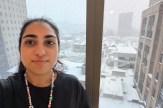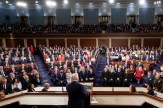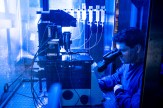Professor wins Fulbright award to advance magnetic materials research
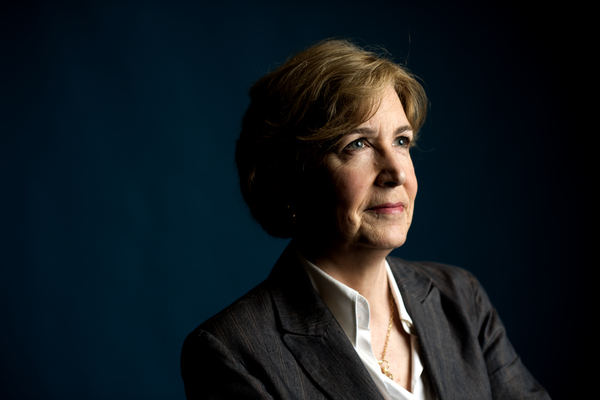
Laura Lewis, Cabot Professor in the College of Engineering at Northeastern, has received a Fulbright U.S. Scholar Program grant for a research project in Spain that will advance her already expansive scholarship in magnetic materials.
I’m so grateful to the Fulbright foundation and to Northeastern for allowing me to pursue this research opportunity. Scientists today have a greater responsibility than ever before to reach across cultural and national barriers.”
Laura Lewis
Cabot Professor in the College of Engineering
Lewis has spent the better part of 30 years researching magnetic materials, which are ubiquitous in society and provide functionality to advanced devices, sensors, and motors of all kinds. Through her research, she has developed novel approaches to creating new materials for magnetic cooling, data storage and super-strong magnets.
With her Fulbright, she will conduct research at the Instituto de Ciencia de Materiales de Madrid as part of a project to tailor magnetic microwires for advanced applications. Lewis will perform research there in the summers of 2018 and 2019, collaborating with professor Manuel Vázquez, an expert in magnetic nano- and microwires.
Her Fulbright project involves developing magnetic nanowires, with each thread thinner than a human hair. These materials are made from magnetic glass, she said, and the special process used to create them gives them unique properties and an atomic arrangement that is very different from the materials she most commonly works with.
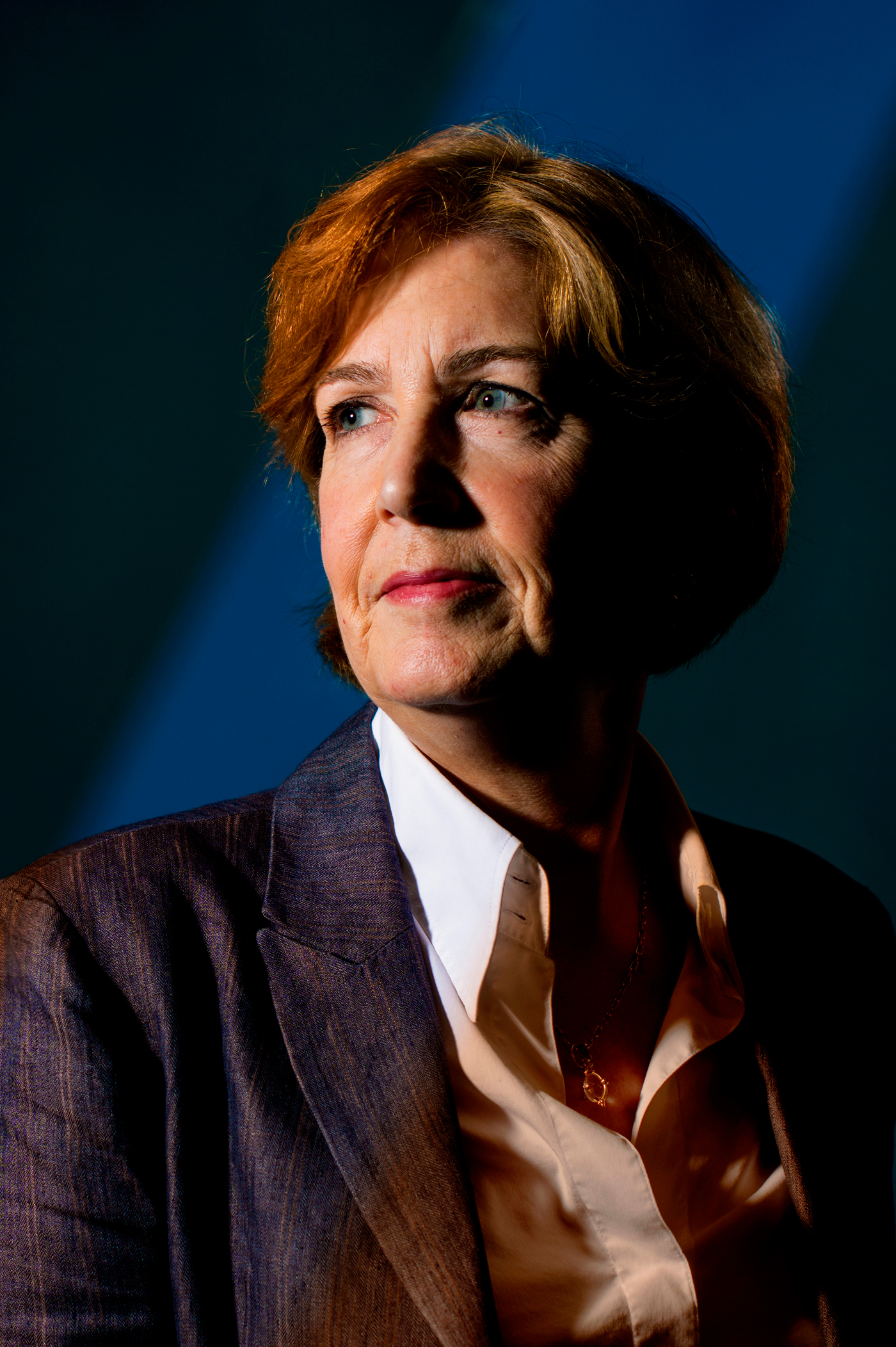
Photo by Matthew Modoono/Northeastern University
When threaded together, Lewis said, the special properties of these magnetic nanowires make the materials useful for a range of applications. One potential use: being embedded into bridges as remote sensors to monitor the structures’ integrity; another use may be for smart clothing for military personnel.
Lewis is one of more than 1,200 U.S. citizens who will teach, conduct research, and provide expertise abroad for the 2017-18 academic year through the Fulbright U.S. Scholar Program. The Fulbright program is the flagship international educational exchange program sponsored by the U.S. government and is designed to connect researchers in the U.S. and abroad to solve global challenges.
“I’m so grateful to the Fulbright foundation and to Northeastern for allowing me to pursue this research opportunity,” Lewis said. “Scientists today have a greater responsibility than ever before to reach across cultural and national barriers. Science shouldn’t have barriers. We all speak the language of science, and this is an opportunity to continue that dialogue with my colleagues in Europe.”

